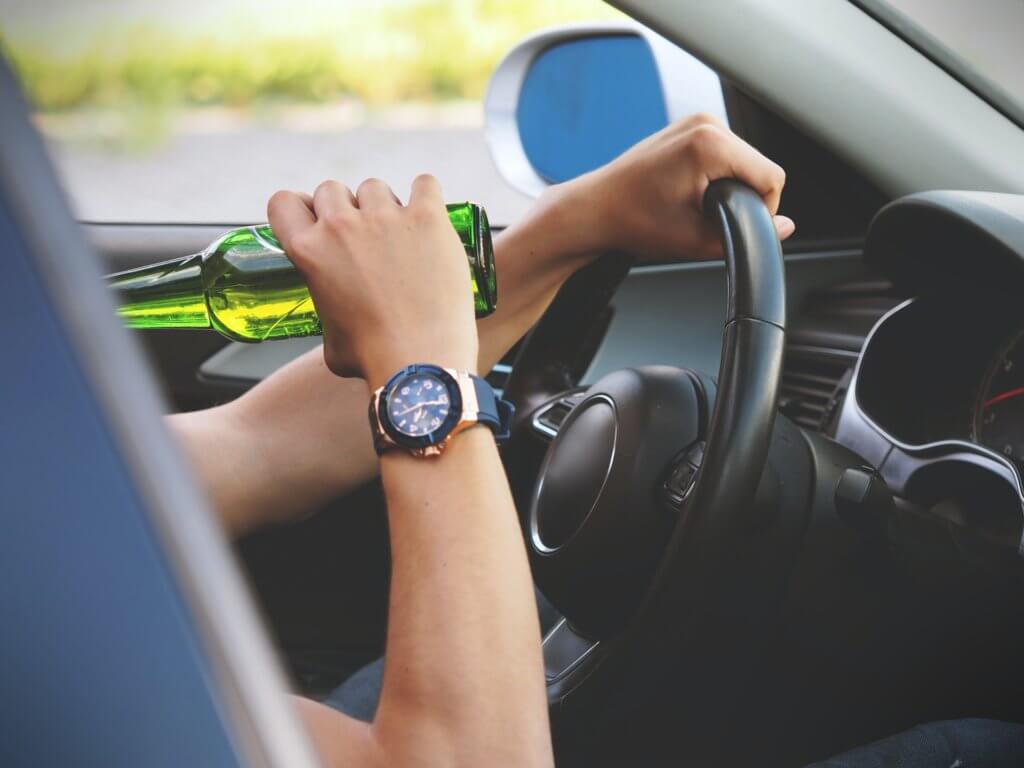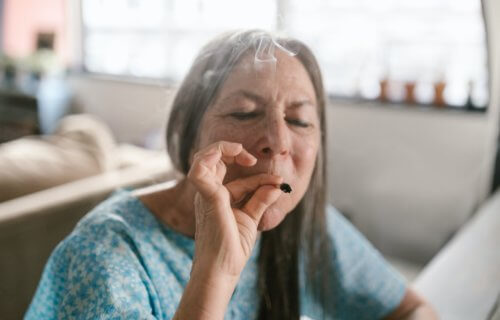NEW YORK — When many people think of late-night alcohol binges or afternoons sitting beside a bong, images of teenagers and young adults usually spring to mind. Surprisingly, researchers from the Columbia University Mailman School of Public Health find that the paradigm is shifting — it’s actually older individuals who are drinking heavily and using marijuana much more often than their younger counterparts.
Study authors originally set out to examine changes in binge drinking after the implementation of laws legalizing recreational cannabis. More specifically, researchers performed an analysis of a national survey dataset encompassing Americans over the age of 12. That process led to the revelation that while past-month binge drinking increased overall among people 31 and over between 2008 and 2019, binge drinking actually declined among younger people (ages 12-30) over the same period.
The biggest declines in binge drinking came among young people 12 to 20 years-old (from 17.5% in 2008 to 11% in 2019), followed by respondents 21 to 30 (from 44% to 40%). It’s important to note that increases in binge drinking were still seen across all U.S. states – regardless of local cannabis laws – among people between 31 and 40 years-old (28% to 33%), followed by Americans 51 and over (13% to 17%).
While investigating binge drinking prevalence both before and after the passing of recreational cannabis laws, researchers saw a 4.8-percent drop in binge drinking among people 12 to 20 years-old. However, they also observed an increase after the implementation of recreational cannabis laws among those 31 and older (an increase of 1.7% for adults 31-40 years-old, 2.5% for those 41-50 years-old, and 1.8% for those 51 and older).
Up until now, earlier research focusing on the relationship between recreational cannabis laws (RCLs) and binge drinking has largely been limited to data collected from just a few states, small study samples, and combined age groups.
According to the National Institute on Alcohol Abuse and Alcoholism, experts define binge drinking as five or more drinks for men and four or more drinks for women during each drinking session. Binge drinking has long been associated with a number of harmful outcomes including car crashes, traffic deaths, criminal legal system exposure, poor academic achievement, and trips to the ER.

This project is among the first ever to report on associations linking binge drinking and recreational cannabis laws among adolescents and adults at a national level. The study helps add to existing literature by using nationally representative data to investigate the potential effects of the changing cannabis policy landscape across all age groups, all while adjusting for a more comprehensive measure of state alcohol policies.
“Our earlier research showed the impact of legalizing cannabis on the perception and availability of cannabis use and changes in alcohol use patterns,” says senior study author Silvia S. Martins, MD, PhD, professor of epidemiology in the Department of Epidemiology at Columbia Mailman School, in a media release.
“The current literature supports two possible hypotheses. The complementary is that both cannabis and alcohol use may increase after cannabis legalization as individuals use these substances together. The substitution hypothesis is that alcohol use may decrease after cannabis legalization, as individuals may use cannabis instead of alcohol when both are readily available. Evidence regarding these hypotheses remains inconclusive, especially regarding how cannabis legalization may impact binge drinking across different age groups,” adds Priscila Dib Gonçalves, PhD, post-doctoral fellow in the Substance Abuse Epidemiology program in the Department of Epidemiology at Columbia Mailman School and first author of the study.

In conclusion, study authors add that more research would help researchers better understand the incremental change in binge drinking associated with RCLs. This can be accomplished via nationally representative data covering different age groups.
“We believe that future studies should examine the relationship of other environmental and individual factors, such as perceived risk, disapproval, availability, peer drinking, alcohol expectancy, among binge drinking and recreational cannabis laws in this age group,” Dr. Dib Gonçalves notes.
“It is worth noting that cannabis legislation is complex, involving multiple policy decisions, including regulations of supply chain and operation: government monopoly, retail sales, legal home cultivation, advertisement, types of products distributed, prices, and taxes, and each state may have different policies when regulating recreational cannabis use,” Martins concludes. “As the cannabis legislative landscape continues to change in the U.S., efforts to minimize harms related to binge drinking are critical.”
The study is published in the International Journal of Drug Policy.
You might also be interested in:
- States with legalized marijuana see spikes in car accidents, fatalities
- Employees working alongside AI more likely to experience loneliness and binge drink
- Using marijuana may increase risky effects of consuming alcohol

